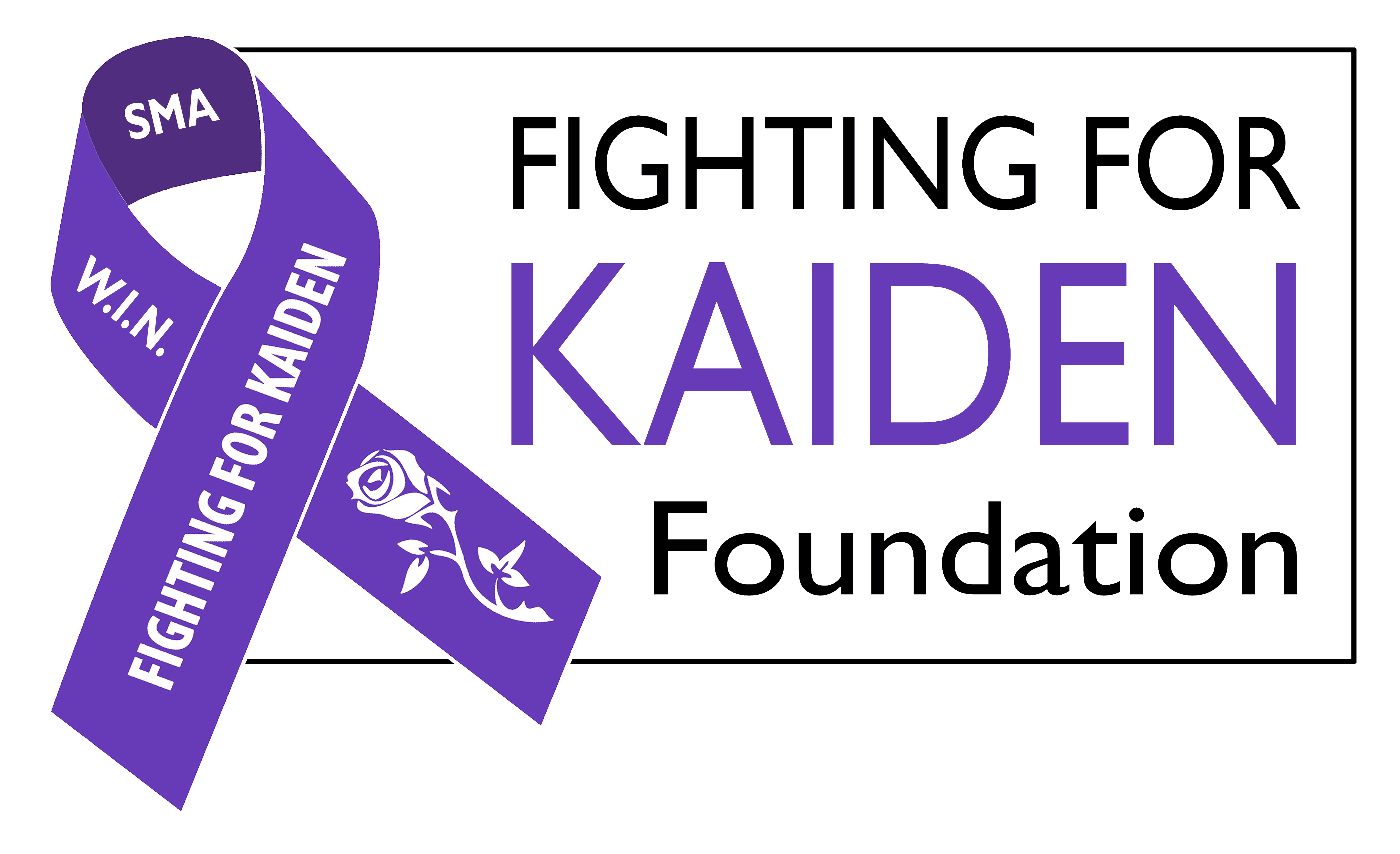Assessment of the Effectiveness of Muscle Activating Training With the Use of EMG Biofeedback in Patients With Neuromuscular Diseases
study id #: NCT05122273
condition: Neuromuscular Diseases
status: Not yet recruiting
purpose:The aim of this study is to assess the impact of individually planned therapeutic procedures, using, among others, the concept of EMG biofeedback, to improve the general functional state, selected motor activities, stimulation and strength of specific muscle syndromes as well as postural parameters in children, adolescents and adults with neuromuscular diseases.
intervention: Stella BIO
results: https://clinicaltrials.gov/ct2/show/results/NCT05122273
last updated: February 04, 2022
-
New Treatment Can Help Fresno Infant With Rare Genetic DisorderA Fresno family is holding onto hope aft...
-
Vitamin K Deficiency Caused Blood Clotting Problem in SMA TeenAn adolescent male with spinal muscular ...
-
Safety and Efficacy of Once-Daily Risdiplam in Type 2 and Non-Ambulant Type 3 Spinal Muscular Atrophy (SUNFISH Part ...Background: Risdiplam is an oral small m...
-
Implications of Circulating Neurofilaments for Spinal Muscular Atrophy Treatment Early In Life: A Case SeriesThis longitudinal cohort study aimed to ...
-
Guidance on Gene Replacement Therapy in Spinal Muscular Atrophy: A Canadian PerspectiveSpinal muscular atrophy (SMA) is the sec...
-
Dynamic Balance in Spinal and Bulbar Muscular Atrophy: Relationship Between Strength and Performance of Forward Lung...Introduction: Spinal and bulbar muscular...
-
Emma Ciafaloni, MDDr. Ciafaloni is a Professor of Neurolog...












